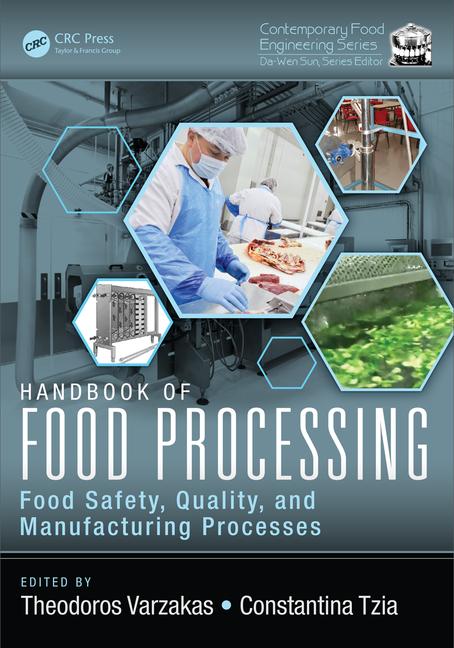Grocery Manufacturers Association (GMA) executive vice president of policy and strategic planning Mary Sophos outlined the progress industry is making in bolstering food safety globally at a Food and Drug Administration (FDA) public meeting last week, and briefed attendees on how private and public sector cooperation are advancing implementation of the Food Safety Modernization Act (FSMA) and making the food supply safer for consumers in the U.S. and around the world.
“We believe that strong and effective roles for both the public and private sectors analogous to how we operate in the U.S. are the best way to fully realize the new global food safety regime envisioned in FSMA,” Sophos says.
“GMA companies have redoubled their efforts to enhance supply-chain management processes with a significant focus on training of workers and suppliers, particularly in Asia,” she adds. “Among other things, GMA companies are organizing ‘supplier schools’ to help ingredient suppliers improve food safety, sanitation and quality management, developing training programs focused on ‘farm-to-fork’ best practices, including proper food handling and storage and increasing both third-party and company audits.” She notes that companies are working individually and in partnership to achieve these goals and are committed to developing training programs that are grounded in the same international food safety standards that serve as reference points for national regulatory systems.
“GMA has supported these goals by leveraging resources through innovative partnerships such as the Asia-Pacific Economic Cooperation Partnership Training Institute Network (APEC-PTIN), which seeks to improve understanding and use of international standards and model practices in food safety management,” Sophos explains. “The success of APEC-PTIN has lead to the establishment of the Global Food Safety Partnership (GFSP), under the auspices of the World Bank. The GFSP and its accompanying trust fund are designed to bring together stakeholders with a role in food safety including regulatory and trade authorities, aid agencies, agriculture, food manufacturing and others to promote capacity building to support good food safety practices.”
“The food and beverage industry has a long history of innovation, scientific analysis and evolving business processes to bring to public-private partnerships,” she continues. “The success of APEC-PTIN and the growing support for the GFSP is evidence that the vision of capacity-building and international regulatory cooperation contained in FSMA is being reaffirmed daily by governments around the world. These partnerships are helping to build confidence and momentum toward our common goal of strengthening the safety and integrity of the food supply.”






